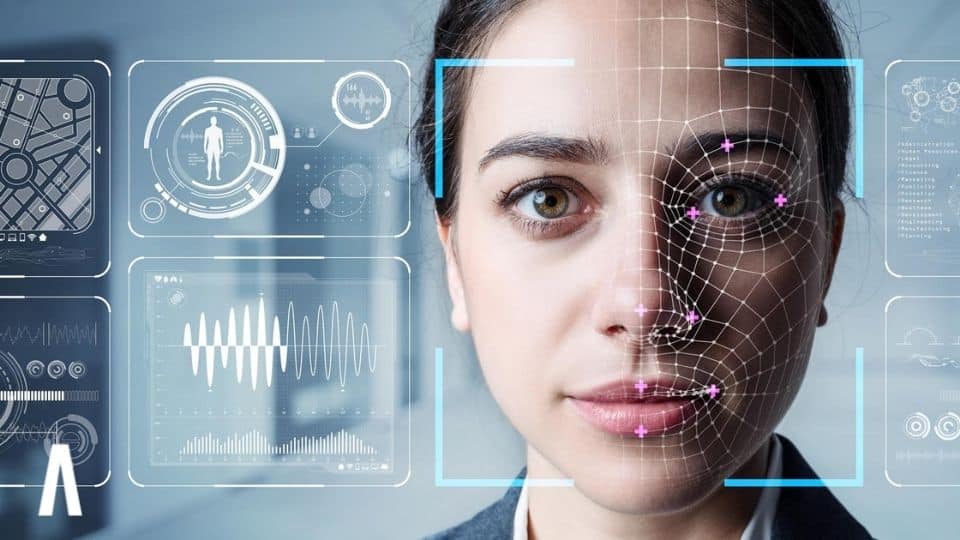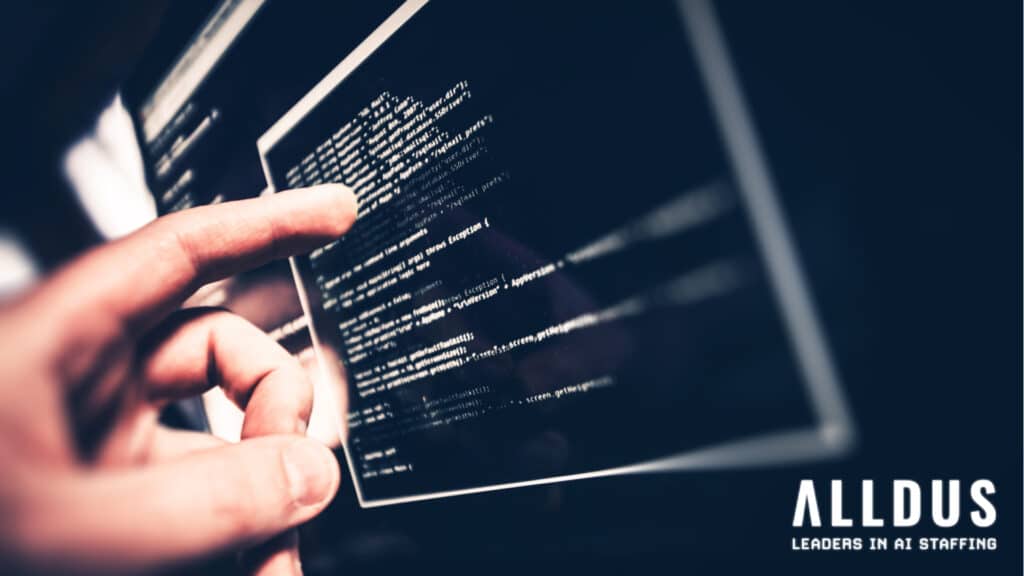How AI is leading the fight against Covid-19
Blog | January 12 2021 | Alldus Recruitment
Irish grandmother Margaret Keenan became the first person to be vaccinated against Covid-19 at 06:31 GMT on the 8th of December, less than a year after the public was first briefed on the outbreak of a new type of viral pneumonia.
Less than three months after the announcement of Covid-19, Phase 1 trials of vaccines were already taking place on a small number of healthy volunteers, a feat unheard of in the history of immunisation. To put this achievement into context, it took 43 years to develop a successful vaccine for Ebola and we are still awaiting similar breakthroughs for MERS and SARS.
So what was different this time?
For one, the sheer scale of the pandemic elicited a Global response on a scale not seen before. The threat of a $28trillion black hole in the Global economy (IMF) and upward of two million deaths led to this unprecedented effort to control the virus, primarily through inoculation. However, this success cannot solely be attributed to the monumental human effort; Machines have also played an equally important role in this incredible feat.
In late 2019, AI was already hinting at the role it would have to play in the pandemic. BlueDot, a Toronto based AI Platform identified an unusual cluster of a pneumonia-like disease in Hubei Province and alerted its human operators, a full 9 days before the official WHO statement on the emergence of a novel coronavirus. Not only did the platform identify the cluster, but noticed similarities with SARS and predicted its potential to spread Globally with alarming accuracy.
Early detection is just one of the applications of AI during a pandemic. Machine learning programmes have also proved invaluable in vaccine development and care. A key component in vaccine development is understanding the structure of a virus and its proteins. Once this unique structure has been identified, the drug development process can begin. This is a traditionally long and laborious process and is part of the reason vaccine development takes time. Enter AI.
In January, Google’s DeepMind introduced AlphaFold, a cutting-edge AI that can predict the 3D structure of a protein-based on its genetic sequence. By March of 2020, the system had already released several structural predictions that helped researchers across the globe better understand the virus and its mutations.
Similarly, in the US, dozens of hospitals have benefitted from an AI system developed by the Electronic Health Vendor EPIC. The programme uses machine learning to alert clinicians to high-risk patients who may ultimately require intensive care, with an accuracy of 75%. While not perfect, the system is capable of giving Doctors a heads-up that may ultimately save lives.
Even with several vaccines approved and in the process of being administered the application of AI is not finished. The Medicines and Healthcare Products Regulatory Agency (MHRA) have paid software company Genpact UK £1.5 million for an AI tool that will analyse vast amounts of reports on adverse reactions to the vaccine to ensure a smooth inoculation programme.
From the early detection capabilities offered by programs like BlueDot, to the head start given to researchers by AlphaFold in understanding the virus, it is clear to see the impact AI is having in Healthcare. As the World slowly begins to take the first steps toward normality, it is important we recognise the achievement of both man and machine and assess how this partnership might assist us in the future.
If you’re interested in pursuing a career in AI in Healthcare, Alldus are currently managing a number of Data Science jobs in the US. Upload your resume today to keep up to date with all the latest opportunities.
share
related articles
Women in AI: Bridging the Gap
Despite huge advancements in AI research, the field still lags in another key area of societal progress, gender equality. With women accounting for just 22% of professionals in the field, we examine the steps needed to address this inequality and how it would also benefit the technologies themselves
Why SQL is the base knowledge for data science
As a programming language, It's a simple skill to learn, but a very valuable one. A walk in the park compared to Python or R.
Why NLP is the future of E-Commerce
There are great benefits to using NLP in eCommerce. The world of business would be greatly benefited from in-depth insights that are controlled by AI. It will help in increasing customer satisfaction rates, improve the revenue curve & ultimately transform the future of business operations.




